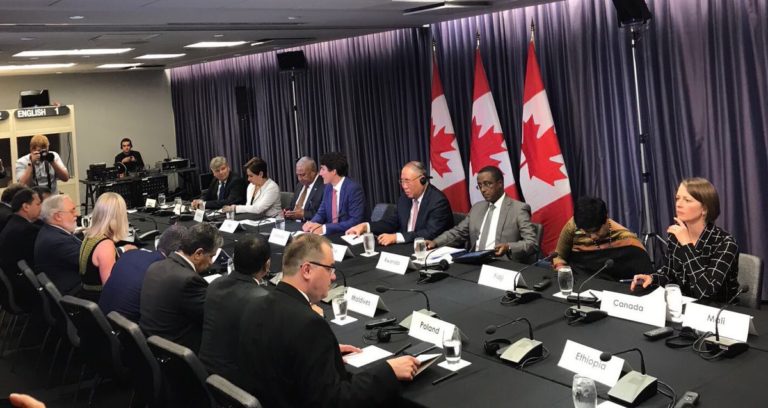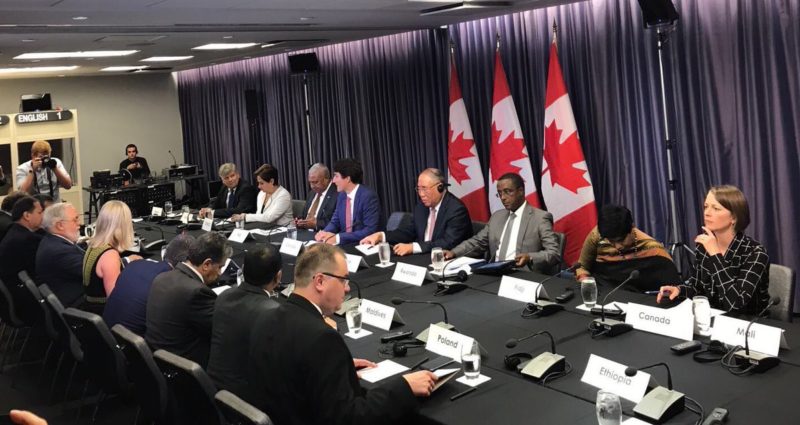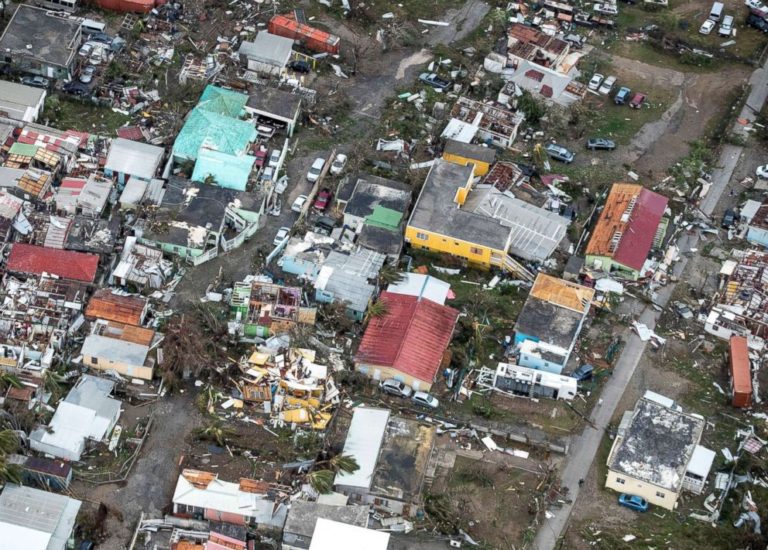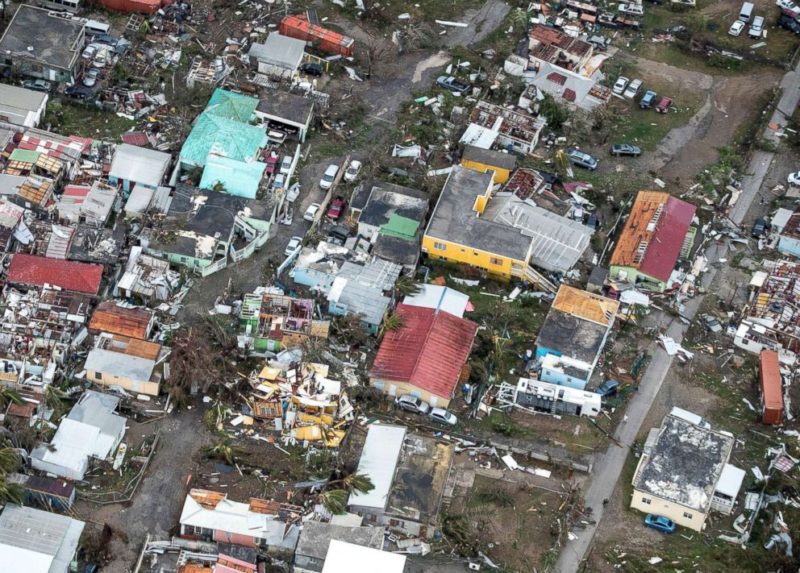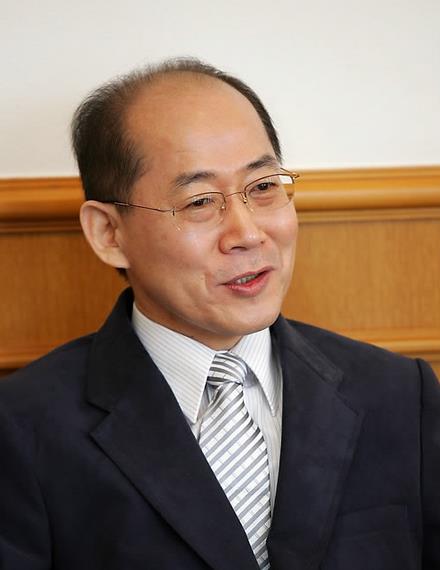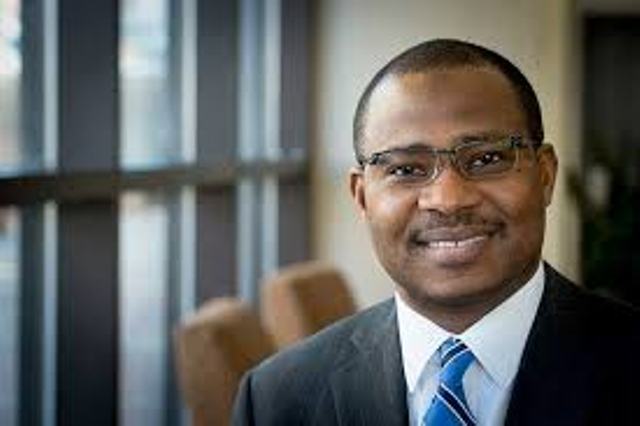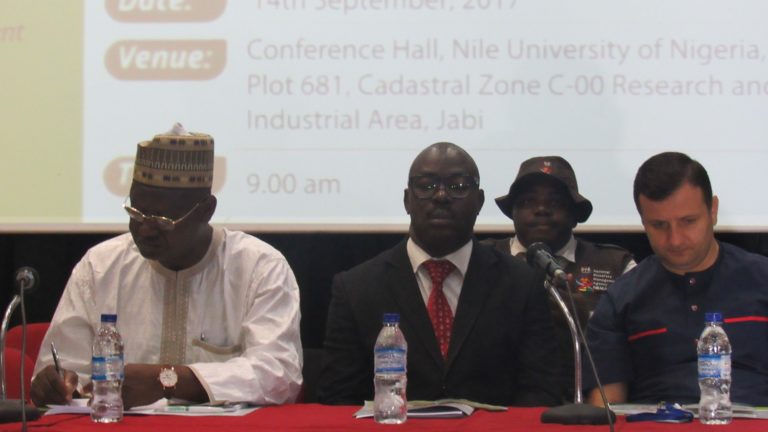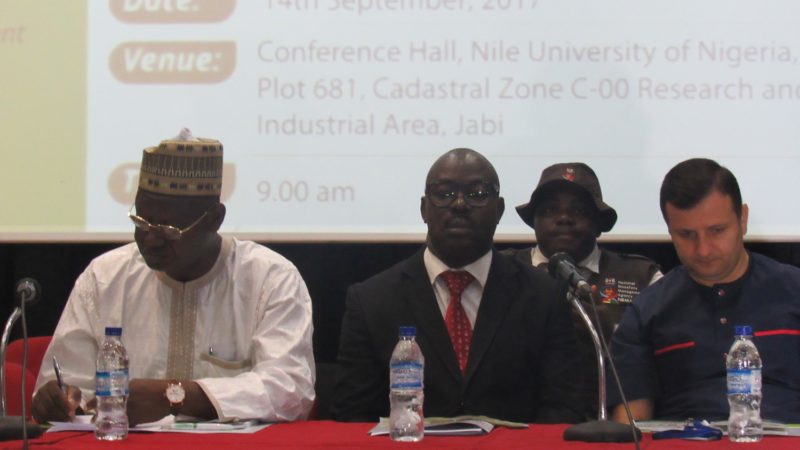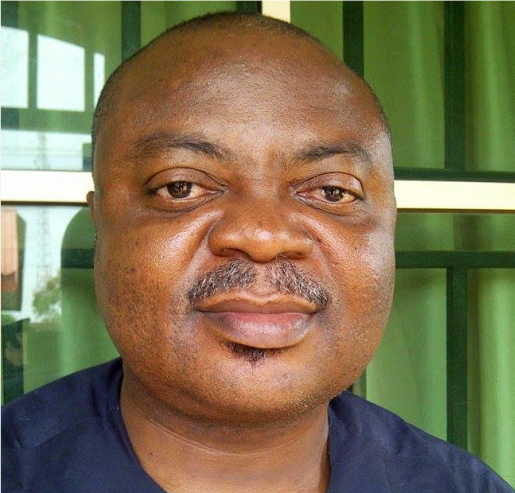The Chief Justice of Nigeria (CJN), Justice Walter Samuel Nkanu Onnoghen, has directed all Heads of Courts in the country to compile and forward to the National Judicial Council (NJC) comprehensive lists of all corruption and financial crime cases being handled by their various courts.
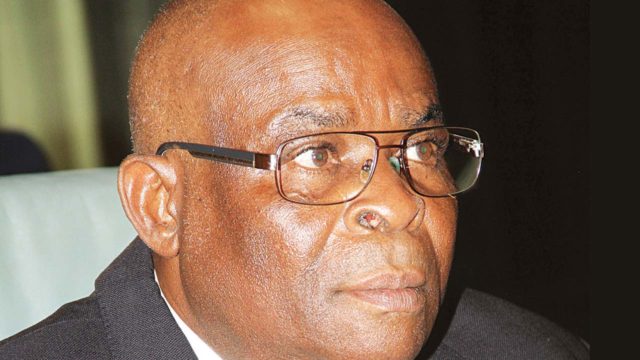
This is even as the CJN equally ordered the Heads of Courts to designate at least one court in their various jurisdictions as Special Courts solely for the purpose of hearing and speedily determining corruption and financial crime cases depending on the volume of such cases in their jurisdictions.
The Hon. CJN read the riot act on Monday, September 18, 2017 at a special session of the Supreme Court of Nigeria to mark the commencement of the 2017/2018 Legal Year and the swearing-in of 29 new Senior Advocates of Nigeria (SAN) in Abuja.
To ensure the effectiveness of this new policy, the Hon. CJN marching orders to all Heads of Courts to clamp down on both Prosecution and Defence Counsel who indulge in the unethical practice of deploying delay tactics to stall criminal trials.
To this effect, the Heads of Courts are to henceforth report cases of unnecessary delays to the National Judicial Council which in turn, would transmit them to the Legal Practitioners Privileges Committee (LPPC), in the case of SANs, and the Legal Practitioners Disciplinary Committee (LPDC), in the case of other legal practitioners.
In the event where such cases come on appeal to the Court of Appeal or the Supreme Court, the Hon. CJN directed relevant departments to fix special dates solely for hearing and determining such appeals.
To properly monitor and effectively enforce the new policy, Justice Onnoghen announced that the NJC would constitute an Anti-Corruption Cases Trial Monitoring Committee (ACTMC) at its 88th meeting to be saddled with the responsibility of ensuring that both Trial and Appellate Courts handling corruption and financial crime cases key into and abide by the renewed efforts at ridding the country of the cankerworm of corruption.
The CJN said that, with pre-election appeals cases now out of the way, the Supreme Court would henceforth channel energy towards clearing as many of the corruption and financial crime cases as possible.
“We in the Supreme Court, having reduced the pre-election appeals in the course of the Third Term of the last Legal Year, will devote much of this First Term in dealing, by way of task work, with the identified 18 EFCC, ICPC, and Economic Crime cases alongside the normal Civil, Criminal, and Political cases,” he said.
The CJN also warned bribe givers to desist from their dastardly act and vowed to bring the full wrath of the law on anyone caught in the act.
His words: “I encourage members of the public to cut off the supply side of corruption by stopping the offering of bribes to judicial officers. The full wrath of the law will be visited on all those caught in this nefarious activity that is capable of eroding integrity and confidence in the Judiciary.”
Calling on the 29 Senior Advocates of Nigeria to guard their ranks jealously, the CJN warned that the award was a privilege, which stood to be withdrawn if abused.
“I must remind you that being a privilege, it can, and shall be withdrawn if abused. The privileged you are conferred with today is not intended as a weapon of intimidation or licence for rudeness and arrogance,” he warned.
The CJN also used the medium to announce the advances the Supreme Court had made in the use of technology towards achieving fair and speedy resolution of cases to include a technology-enabled Judges’ bench, high-definition audio/video recording equipment, FTR software to enable real-time transcription and transmission of court proceedings, high-tech mobile podium for presentation, document camera to display exhibits, and viewing screen in the gallery, among others.
By Chinyere Obia


